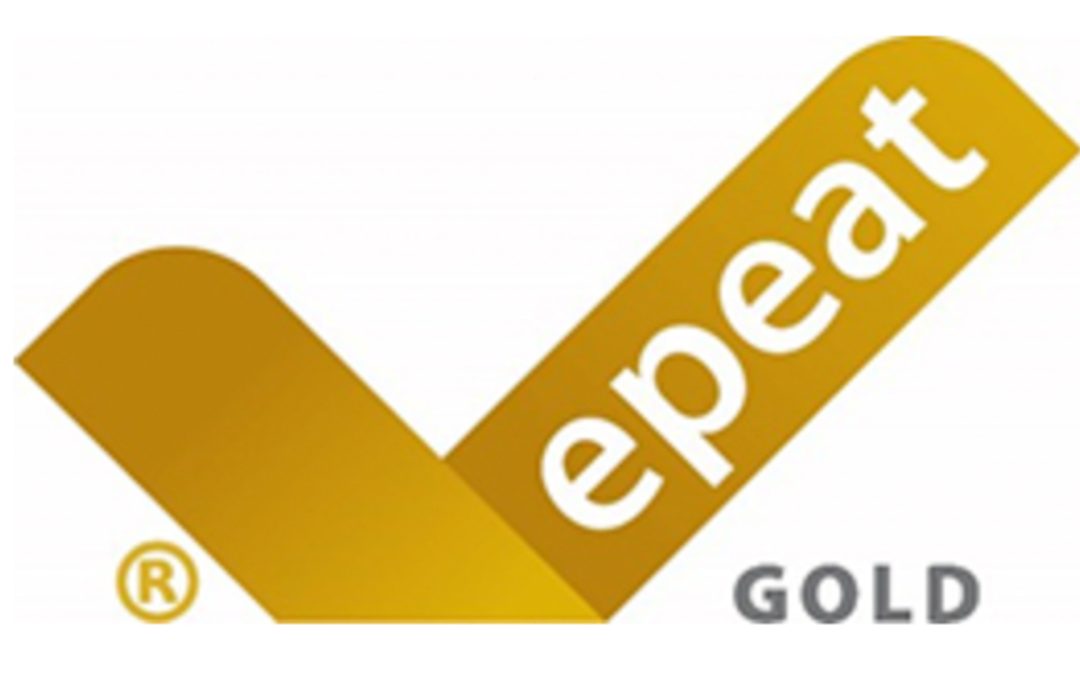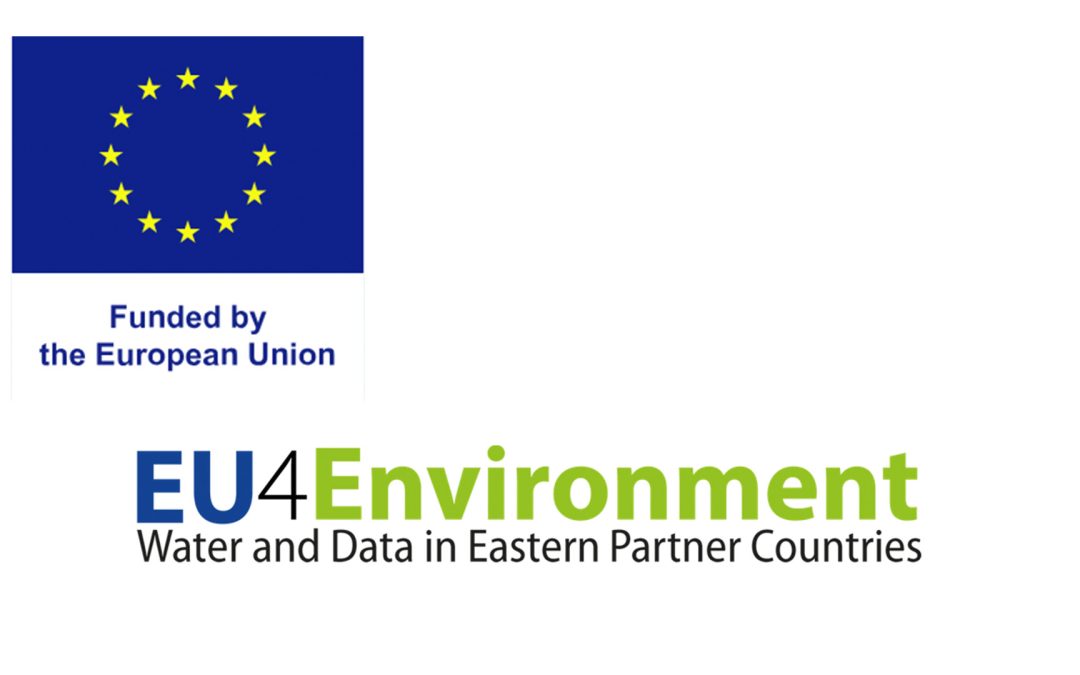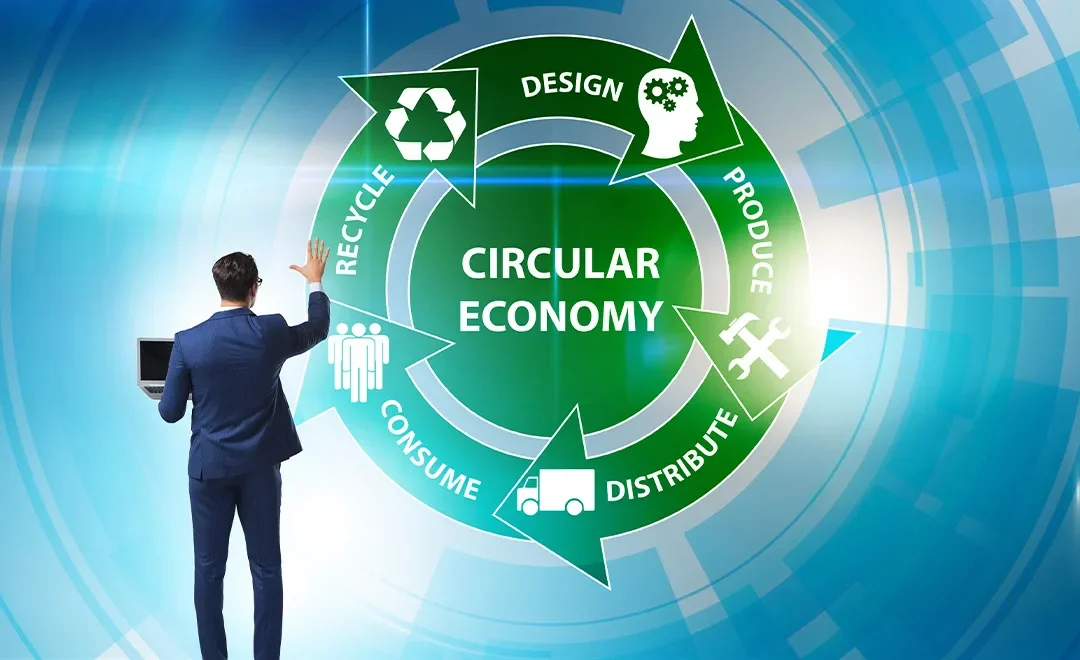 A new blog post from WEEELogic has offered a guide on how to respond to new legislation concerning waste management.
A new blog post from WEEELogic has offered a guide on how to respond to new legislation concerning waste management.
The blog calls these new obligations “a growing administrative, financial, and operational burden,” especially for companies with a commercial presence with multiple partners across various companies. However, it offers several solutions “to facilitate the understanding, establishment, and harmonisation of compliance.”
The newly-introduced framework could create 3 waste stream obligations, the blog warns, where the producer could need to contract for three separate compliance arrangements per country, with up to three different service providers; this would be the case for devices of electrical or electronic equipment (EEE), sold with batteries or an accumulator, presented in sales packaging. For those without batteries of an accumulator, it could give rise to a 2 waste stream obligation for the producer.
As the blog explains, “businesses must be able to simultaneously meet their administrative, paperwork and financial responsibilities with the support of as many contractors as needed whilst minimising the time spent navigating various country producer compliance schemes, waste streams and Environmental Protection Agencies.”
Therefore, WEEELogic offers five tips to facilitate better management of waste compliance duties. The first of these is harmonisation of distribution channels, as different market access strategies across several countries will result in differences in compliance obligations from one country to the next, which “fails to simplify waste obligations.” Selling a device in a country via a local subsidiary is recommended over selling it through a local distributor, as administrative and reporting obligations can then be arranged by the OEM or license holder, and not be multiple distributors with multiple different understandings of the obligations.
The second tip involves the issue of centralised compliance management, or localised – with separate management in each country your company has subsidiaries. The blog offers several pros and cons for each approach, with local management bringing local knowledge and understand, but limiting the optimisation of costs, whilst a central approach facilitates the aforementioned harmonisation, even if it reduces the local country knowledge capital.
Thirdly, the blog deals with the choice between a one-off tender comparison of compliance schemes, or running regular comparisons between approved local providers, with, again, several arguments for and against each approach put forward; the blog states that “comparisons can be useful to differentiate costs and services although approved compliance schemes usually provide relatively similar services in terms of compliance.”
Another conundrum examined by WEEELogic is whether to keep your compliance team in-house, or outsource it, arguing that “in-house compliance teams often face difficulties when engaging in operational projects,” becoming “overburdened,” although, given “real power and enforcement capabilities in relation to their colleagues in other departments,” in-house can be beneficial. However, the blog argues that outsourcing enables businesses to “concentrate on the real benefits of compliance set-up, such as brand image, marketing tools,” etcetera, and can therefore be superior. The blog further adds that “some companies may have a stronger interest in making sure compliance is achieved quickly and efficiently, rather than setting up a dedicated team that will need a lot of support to carry out its tasks.”
The final tip given relates to legal assessment and monitoring, and recommends companies “regularly review the legislative landscape, to ascertain whether they face new, existing, or even an easing of legal constraints.” This reviewing process could include the appointment of lawyers or environmental experts.
The blog concludes by explaining the benefits of long-term compliance, stating that it will provide a “level playing field,” and although the compliance framework may not be “always easy to implement, particularly for smaller entities,” the eventual environmental, ecological, and even economic impact will make compliance both necessary and worthwhile.
You can read WEEELogic’s blog in full for yourself, here.























